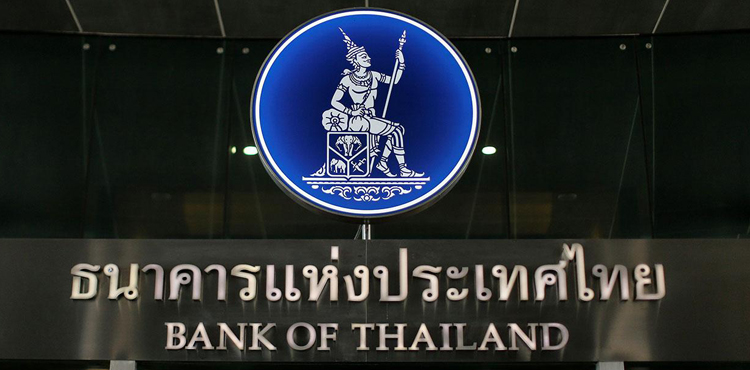Mr. Piti Disyatat, Secretary of the Monetary Policy Committee (MPC), announced the outcome of the meeting on 10 August 2022 as follows.
The Committee voted 6 to 1 to raise the policy rate by 0.25 percentage point from 0.50 to 0.75 percent, effective immediately. One member voted to raise the policy rate by 0.50 percentage point.
Economic recovery has continued to strengthen. The Thai economy is expected to return to the pre-COVID level by the end of this year and will continue to gain traction. Headline inflation will remain at a high level for some time. The Committee assesses that the extraordinarily accommodative monetary policy undertaken in response to the COVID-19 pandemic has become less needed. Most members thus voted to raise the policy rate by 0.25 percentage point at this meeting. One member voted to raise the policy rate by 0.50 percentage point to reduce the risk of having to increase the policy rate aggressively later and views that such a rate increase will not significantly affect the economic recovery.
The Thai economy is projected to continue recovering with strong momentum. This is attributable to a larger-than-expected number of foreign tourist arrivals following the relaxation of international travel restrictions and improved travel sentiments. In addition, private consumption would continue to recover in line with improvements in labor market conditions and household incomes. Although the risk of global slowdown has heightened, the impact on the Thai economy would be limited. Nonetheless, there remains a need to monitor risks to the growth outlook in the period ahead, especially the impact of rising living costs on private consumption.
Headline inflation will remain at a high level throughout 2022, largely unchanged from the previous forecast, before gradually falling into the target range in 2023 as the supply-side inflationary pressures subside. Meanwhile, medium-term inflation expectations have not increased significantly. Going forward, the inflation outlook is still subject to upside risks, including potentially higher and faster cost pass-through to core inflation. The Committee will continue to closely monitor inflation dynamics, cost pass-through, and inflation expectations.
Overall financial system remains resilient. Commercial banks have high levels of capital fund and loan loss provision. Liquidity in the financial system remains ample, although liquidity distribution still varies across economic sectors. Debt serviceability of households and businesses has improved in line with the economic recovery. However, there are certain vulnerable groups, particularly some SMEs that have yet to fully recover as well as low-income households that are sensitive to the rising living costs. The Committee views that financial institutions should continue to press ahead with debt restructuring and deems it important to have targeted measures and sustainable solutions in place for vulnerable groups.
Overall financial conditions remain accommodative but with high volatility. The baht has depreciated against the US dollar mainly due to the strengthening of the US dollar following concerns about the global economic slowdown and the Fed tightening. The Committee will closely monitor developments and volatilities in financial and exchange rate markets.
Under the monetary policy framework with objectives of maintaining price stability, supporting sustainable and full-potential economic growth, and preserving financial stability, the Committee judges that the Thai economic recovery will continue to gain traction, and thus the extraordinarily accommodative monetary policy will become less needed. The Committee views that the policy rate should be normalized to the level that is consistent with sustainable growth in the long term. Monetary policy normalization should be done in a gradual and measured manner consistent with the growth and inflation outlook in the period ahead.





